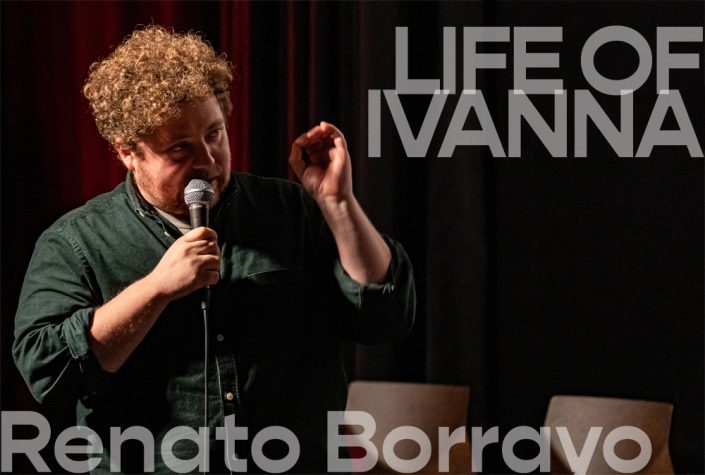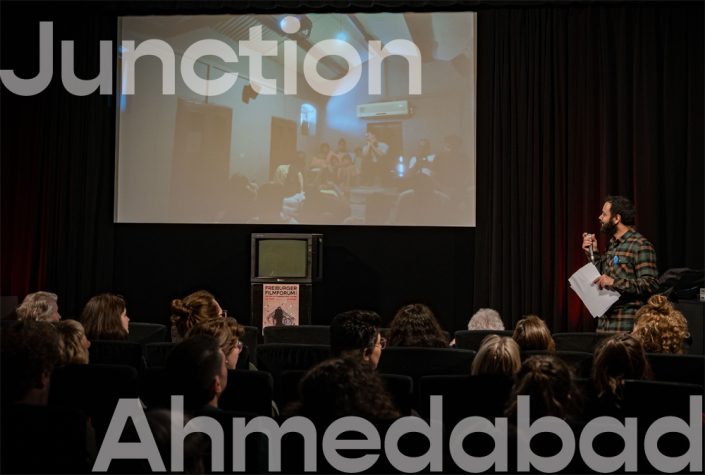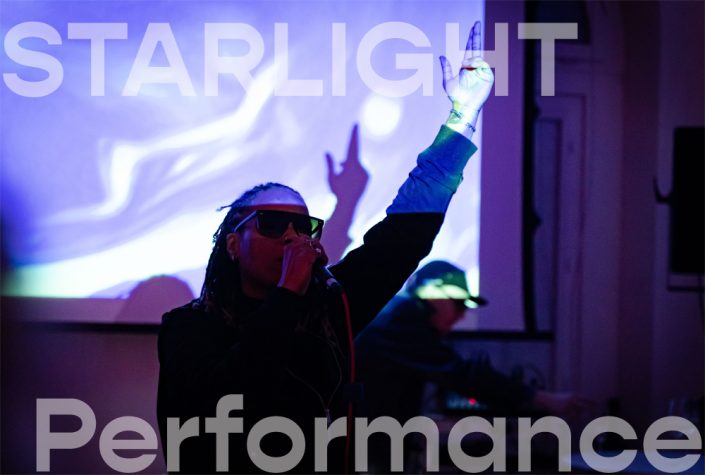Energetic Ivanna lives with five children in a tiny sled car. She belongs to the nomadic Nenets, who breed reindeer in the Arctic tundra. It is a rough but also free life. However, she no longer has her own animals and will soon move to the city to work. The father of her children already lives in the city, drinks too much, she can’t count on him. The city holds many dangers and it is uncertain whether modern life will be better. But Ivanna is strong - she also seems to have captivated the camera.
On May 13, this film will be screened simultaneously at NATIONAL INSTITUTE OF DESIGN as part of our #Junction_Ahmedabad, followed by a shared discussion.
Renato Borrayo Serrano born in Guatemala, lives and works in Russia since 2012. In 2017 he graduated as a film director specialized on documentary film, from the All-Russian State University of Cinematography in Moscow. Since 2014 his works have participated in many international film festivals, in Russia and abroad. His FILM FOR CARLOS (Freiburger Filmforum 2017) received international awards.
Director: Renato Borrayo Serrano
Cinematography: Renato Borrayo Serrano, Daria Sidorova
Music: Timo Steiner
Distribution: CAT&Docs









